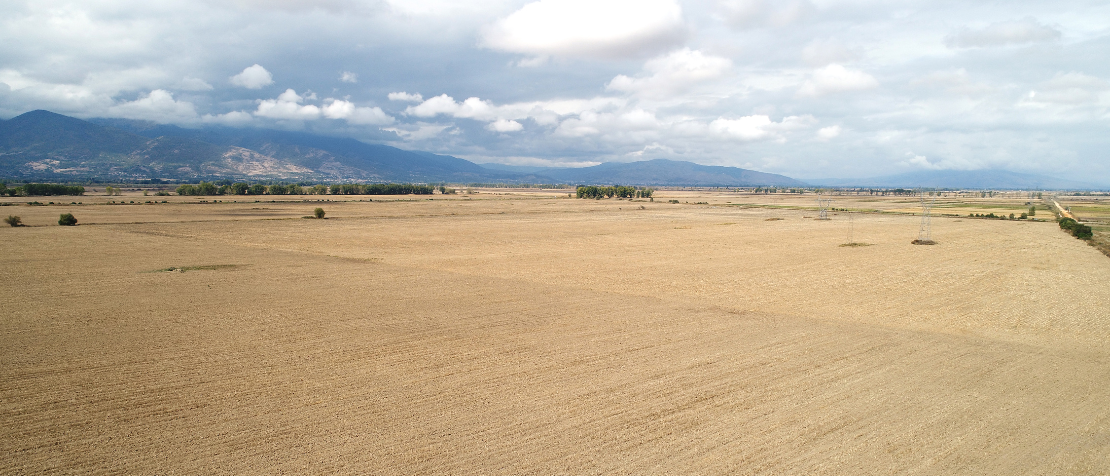LANDNET workshop looks forward while celebrating 100 years of land consolidation in Europe

©FAO
Facilitated by the Food and Agriculture Organization of the United Nations (FAO), the fifteenth international LANDNET workshop, starting today in Middelburg in the Kingdom of the Netherlands, is bringing together about 100 experts from roughly 30 countries to share their experiences on land consolidation.
Specifically, the experts will discuss how multipurpose land consolidation can contribute to larger goals such as climate change adaptation and mitigation, nature restoration, and improved biodiversity and environmental conditions.
Well-built and well-managed farm structures are the basis for effective and environmentally sustainable agricultural production and are a prerequisite for the increased productivity and competitiveness of participating farms. Land consolidation is a land management instrument that can play a crucial role in countries with small and fragmented agricultural parcels – which is the case in most of Europe and Central Asia – by facilitating farm enlargement for more efficiency and profitability. Through a fully participatory and transparent process, land consolidation also takes the needs and experiences of farmers into consideration in the design of new layouts for their land parcels.
Co-organized with Kadaster and the Province of Zeeland in the Kingdom of the Netherlands, the annual LANDNET workshop focuses on land consolidation, with special attention given to multipurpose land consolidation and land-use challenges. Kadaster is the country’s cadastre, land registry and mapping agency.
While looking forward, the workshop also will commemorate a century of land consolidation in Europe. Many countries in Western Europe have long experience with land consolidation; Poland adopted its first land consolidation law in 1923, followed by Denmark and the Kingdom of the Netherlands in 1924 and Estonia shortly thereafter.
Initially, the main goal was to facilitate local agricultural development by reducing land fragmentation and supporting larger, more competitive farm sizes on a voluntary basis while also improving agricultural infrastructure. Four decades ago, many countries in Western Europe started shifting towards a multipurpose approach that combines agricultural development and public objectives such as climate change adaptation and mitigation, nature restoration, afforestation and environmental protection. Since 2000, FAO has supported the introduction of land management instruments and the building up of national programmes in the region.
“The benefits of land consolidation are multiple, including improved parcel and farm structure and agricultural and rural infrastructure, not to forget the legal, economic, environmental and social benefits,” said Morten Hartvigsen, FAO Land Tenure Officer. “The multipurpose land consolidation approach in particular gives a strong emphasis to the last, enabling – among other benefits – the creation of nature protection areas, the improvement of water management and the reduction of pollution in natural water reserves.”
LANDNET members are land management experts, public officials and representatives of civil society and academia who are concerned with land ownership, usage rights, land administration and related regulations. The year 2002 saw the first workshop of the expert network, which has been operating under the LANDNET name since 2011. FAO has supported and facilitated the network from the beginning.
At the 2024 workshop, participants can investigate the local impacts of global phenomena – including climate change, biodiversity loss, land degradation and declining water quality – and share good practices and experiences to counter them. Representatives from the Kingdom of the Netherlands will present how their country has faced the threat of flooding and share the country’s experiences in redesigning its landscape as a successful example of transforming rural areas due to global challenges.
FAO is working on many related activities in Europe and Central Asia under its Regional Priority Programme on empowering smallholders, family farms and youth through inclusive rural transformation, digitalization and innovation.
